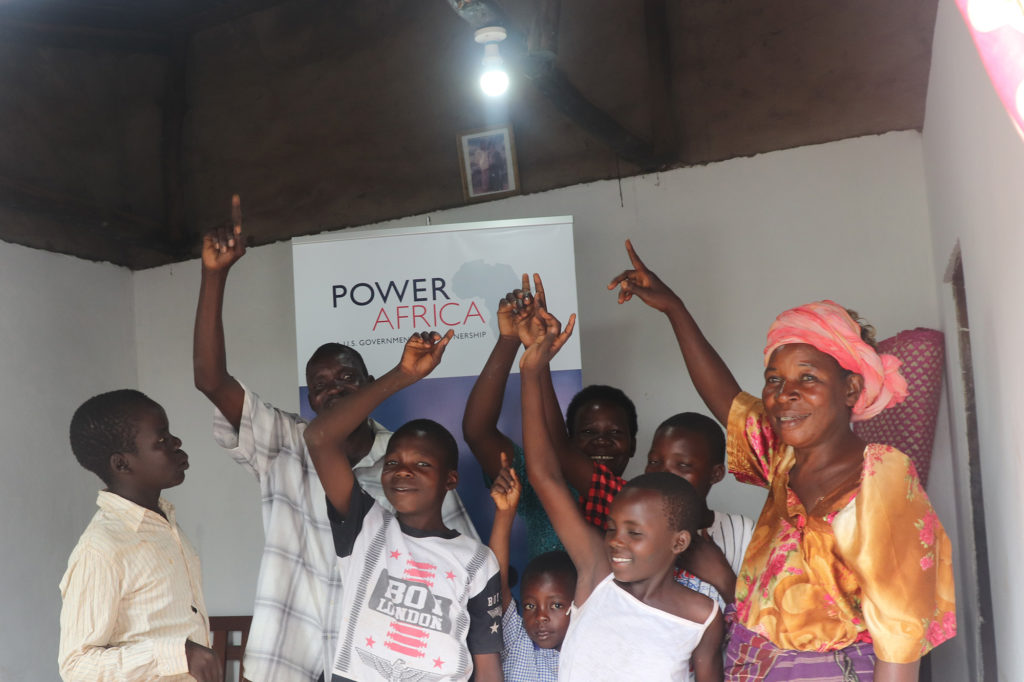
NRECA International has created an affordable home-wiring kit that has the potential to bring electricity to millions of people in Uganda and throughout sub-Saharan Africa.
“It’s exciting because if you can minimize the cost, poor people can finally have electricity,” said senior engineer Maruf Bhuiyan, who put together the prototype for the wiring kit.
The kit can be installed in Ugandans’ homes for about $65 for a two-room house, far cheaper than the $250 to $500 cost of conventional wiring to connect a home to the electrical grid in Uganda, said Dan Waddle, senior vice president of NRECA International.
“It can have a pretty dramatic impact on how many people can connect,” Waddle said.
Only about 15% of Ugandans have access to electricity, Bhuiyan said. Many people live close to power lines but cannot afford to connect to them. The gross national income per capita in Uganda in 2017 was $600 a year, according to data from the World Bank.
The U.S. Agency for International Development asked NRECA International to come up with an affordable wiring system that people would actually use. Ugandans viewed imported “ready boards”—a circuit breaker, light switch, lightbulb and socket attached to a board—as symbols of poverty and rejected them, Waddle said.
The ready boards, made in China, South Africa or other outside nations, cost about $75 to $80 and can only light the room in which they are installed. Ugandans also don’t like the fact that the lightbulb is attached to a board on the wall rather than to the ceiling, Bhuiyan said.
Bhuiyan put together a kit composed of parts that were readily available in Uganda and that local electricians would be comfortable installing. The idea was to create a standardized, safe, low-cost package with no special-order parts, Waddle said. People can easily add extensions to the kit’s junction box to power other rooms, and lightbulbs can be installed on the ceiling.
“It’s not rocket science—it’s just putting things together in an organized way,” Bhuiyan said.
As part of a pilot project, the affordable home-wiring kits are currently being placed in 20 Ugandan homes. USAID recently held a ceremony at one of those homes to turn the power on for the first time.
The kits will ultimately be used throughout the country to help the government reach its goal of connecting 300,000 new homes a year over a 10-year period, Waddle said. The kits could save Uganda’s Rural Electrification Agency about $16 million a year toward that goal, for a total of nearly $160 million in savings over a decade, Bhuiyan said. The REA provides some assistance to the poorest families, so any cost savings benefit both the agency and the consumers.
The wiring systems can spare Ugandan families from having to take out big bank loans—with enormous interest rates of 30% to 40%—to connect to the grid, Bhuiyan said.
“When you’re poor, a $50 loan is a lot of money,” he said. “We want to offer this solution to any country that needs it.”
Erin Kelly is a staff writer at NRECA.